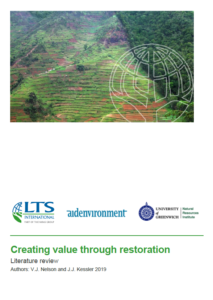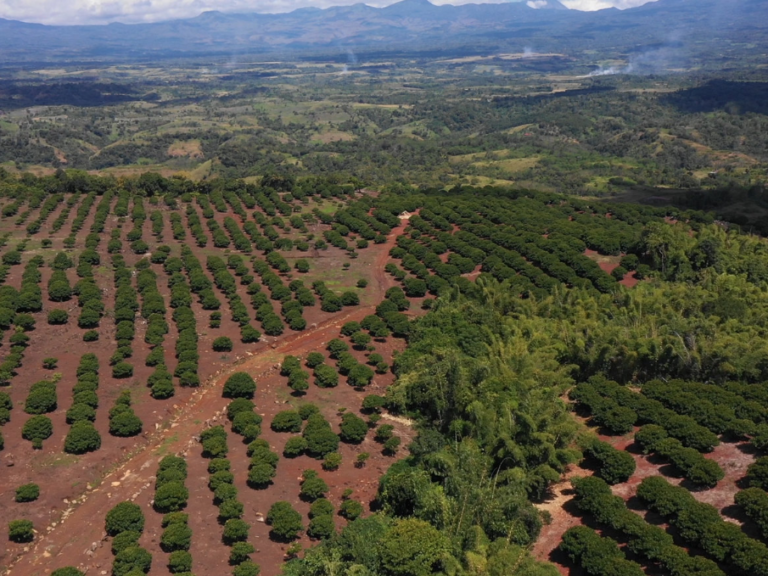This thematic study conducted by the Partnerships for Forests (P4F) Evaluation Manager (NIRAS-LTS International) sought to explore the strategic intervention area on restoration and the associated value creation. The study methodology includes a literature review and expert interviews from which findings were identified and an assessment framework developed. Key insights have been derived from the literature review and project assessments and these illustrate the potential of the assessment framework for generating insights and specific recommendations.
The literature review shows that globally, as a result of the accelerating global interest in the potential and need for Forest-Landscape Restoration (FLR), new business models are emerging. These include both landscape-based approaches as well as individual smallholder engagement, for example in timber contract production or contingent credit access in return for the adoption of sustainable land management practices. The latter generally avoid transferring land rights from communities to companies, but they are support implementation at scale. Privately held concessions for the restoration of degraded landscapes, involve the facilitation of multiple, high value, low intensity products involving smallholder and community suppliers. Available evidence suggests that restoration can be effective, potentially delivering multiple environmental and social benefits to smallholders, land managers, companies and governments. Despite major national and global commitments, decision-makers still tend not to fully appreciate the multiple economic values which can be derived from avoided land degradation and restoration initiatives, which calls for more communication, education and trade-off analyses.
The report was completed in May 2019 to aid adaptive programming by P4F. The report is presented here for context and to share findings and aid learning by others working in the same area as P4F.



